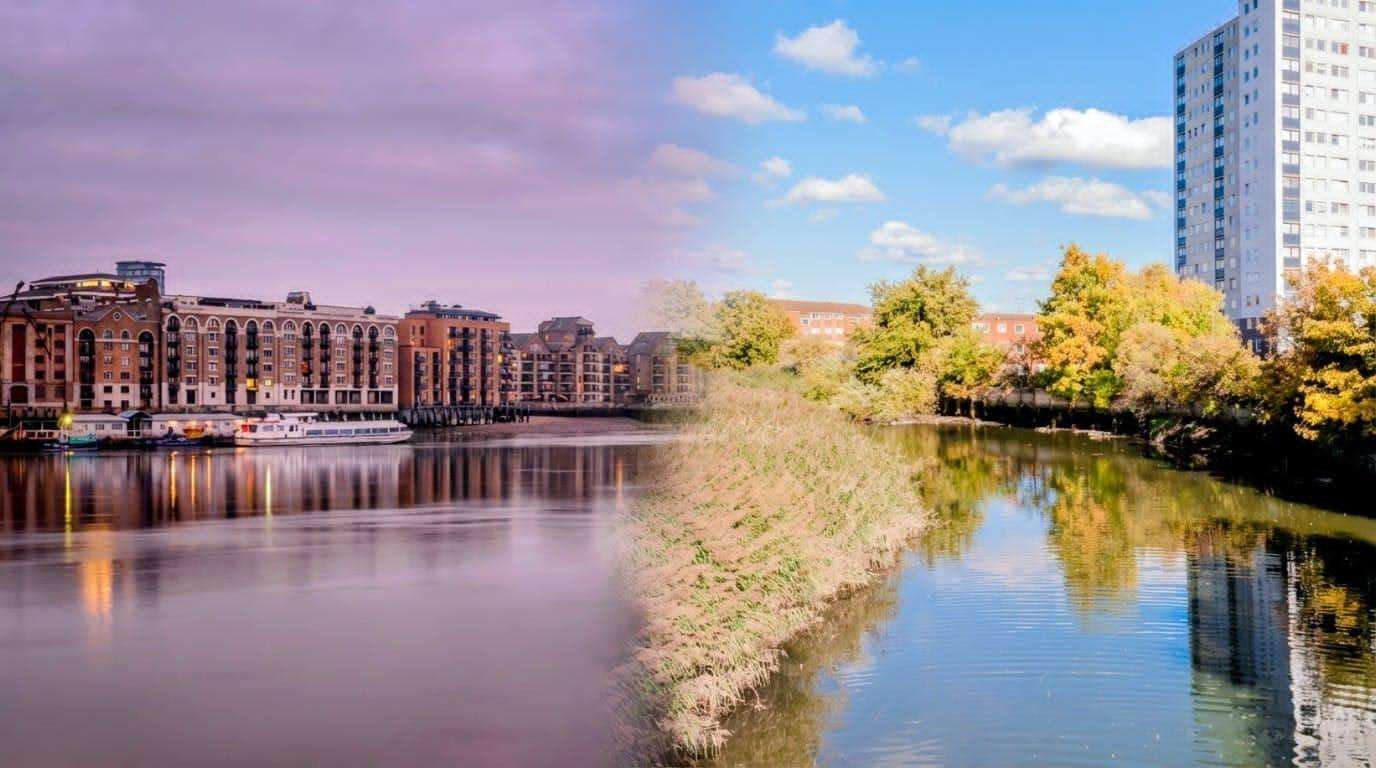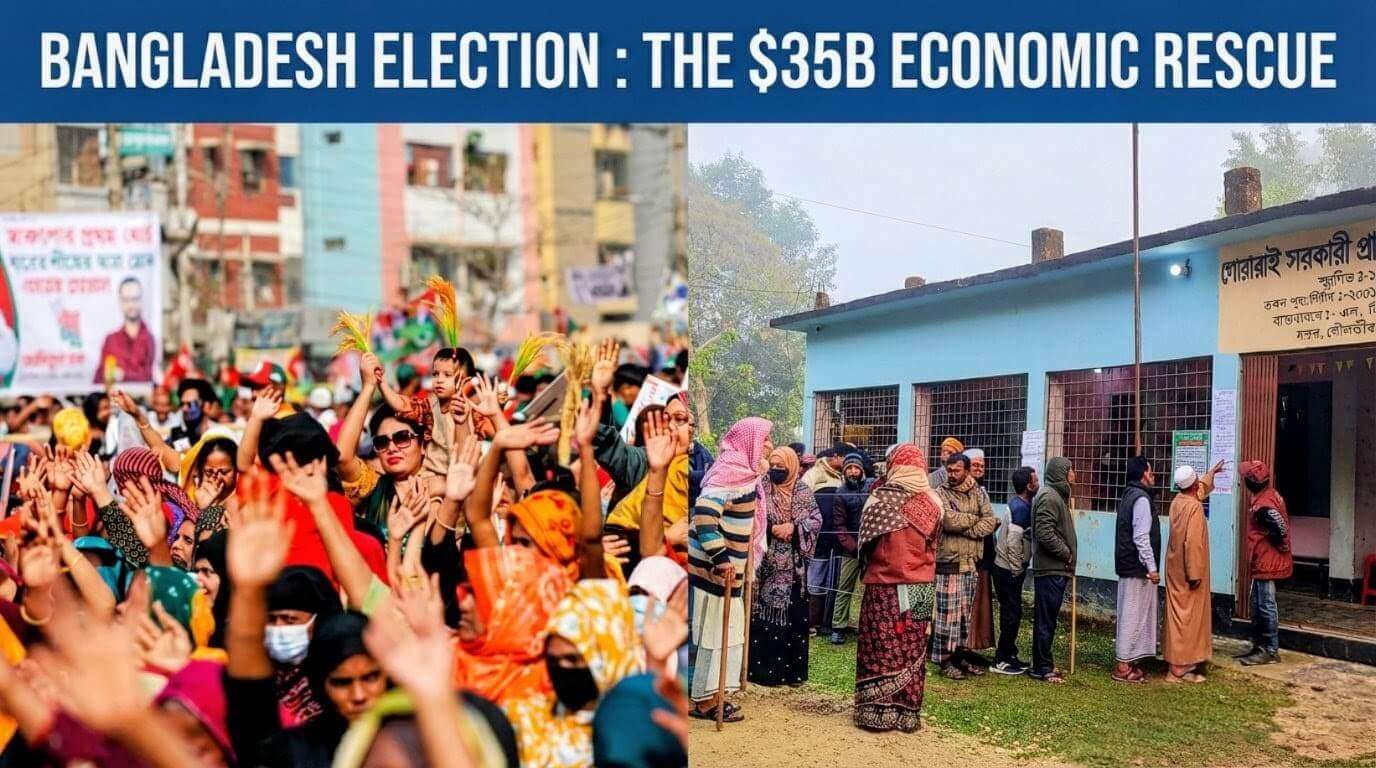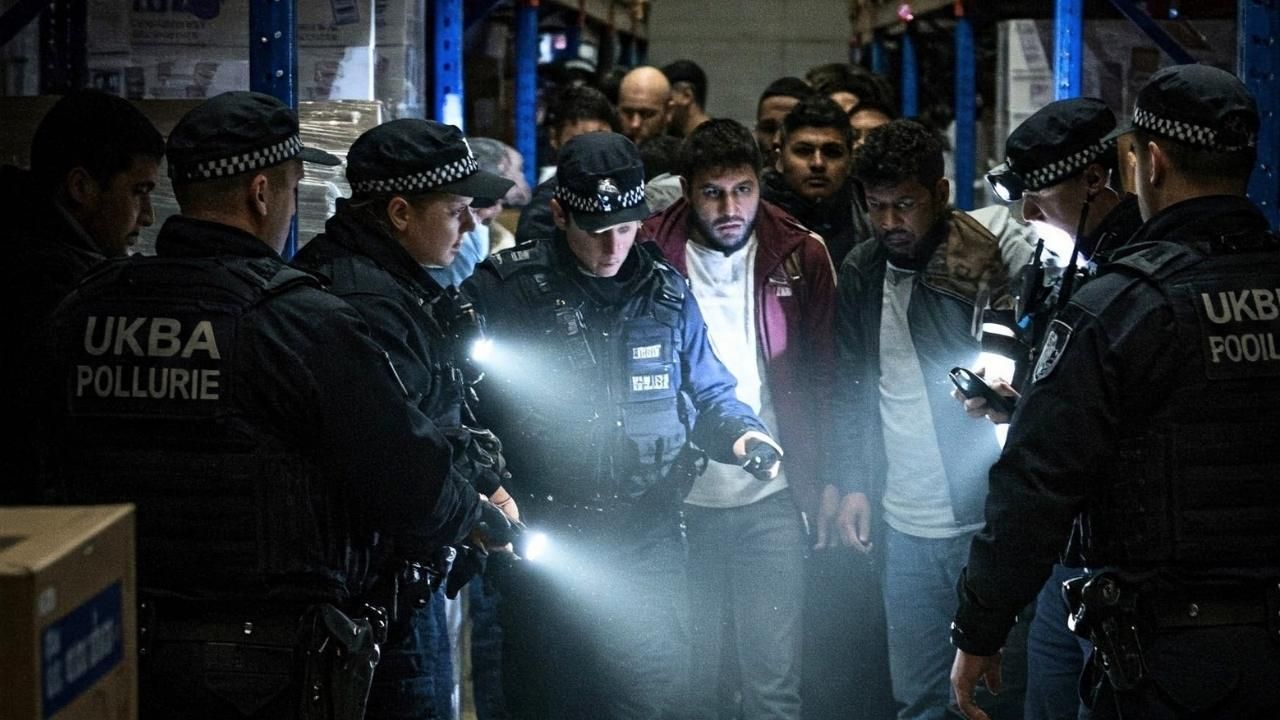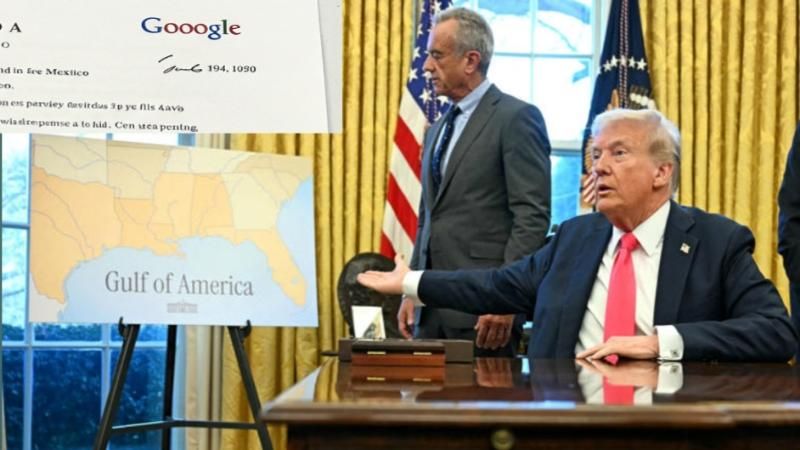Next week, Labour's highly anticipated immigration white paper will be unveiled, revealing a strategy to tackle the UK's record-high immigration levels. While the proposals aim to address public concerns, they also signal significant changes for those seeking to build a life in Britain, and miss out on some key areas that could help immigrants. The headline-grabbing policy is the increased English language requirement, demanding a B2 level of proficiency for new arrivals – a substantial jump from the current GCSE standard. This raises concerns about accessibility, particularly for individuals from non-English speaking backgrounds who may lack the resources or opportunities to attain such proficiency before arrival.
The proposed doubling of the waiting period for indefinite leave to remain, from five to ten years, is another major shift. For many immigrants, this extended timeframe represents a significant delay in achieving stability and security in their adopted country. It postpones access to crucial benefits and welfare support, creating a longer period of uncertainty. This change, while aimed at mitigating potential welfare costs, could disproportionately affect those working in low-wage sectors or facing economic hardship.
The focus on restricting visas for nationalities deemed more likely to overstay – specifically Pakistanis, Nigerians, and Sri Lankans – raises concerns about potential discrimination and the perpetuation of stereotypes. It risks painting entire communities with a broad brush, ignoring the vast majority of law-abiding individuals who contribute positively to British society. Similarly, the crackdown on international students applying for asylum, while addressing system abuse, could deter genuine students seeking refuge from persecution.
While the white paper signals a tougher stance on immigration, it also misses opportunities to address pressing issues faced by immigrant communities. There's a notable lack of emphasis on integration initiatives, language support programs, and measures to combat discrimination and promote social cohesion. These omissions suggest a focus on control and restriction, rather than a holistic approach that acknowledges the contributions and challenges faced by immigrants.
Furthermore, the white paper's silence on tackling illegal immigration via the Channel leaves a significant gap. For many immigrants, this issue fuels negative perceptions and reinforces the idea of a broken system. A comprehensive strategy that addresses both legal and illegal immigration is essential for building trust and ensuring fairness.
Ultimately, Labour's immigration plan, while aiming to assuage public concerns, presents a more challenging landscape for immigrants. The increased language requirements, extended waiting periods, and targeted visa restrictions raise questions about fairness, accessibility, and the UK's commitment to welcoming those seeking a better life. The lack of emphasis on integration and support programs leaves a sense of missed opportunity, potentially hindering the long-term success and well-being of immigrant communities.








.svg)



